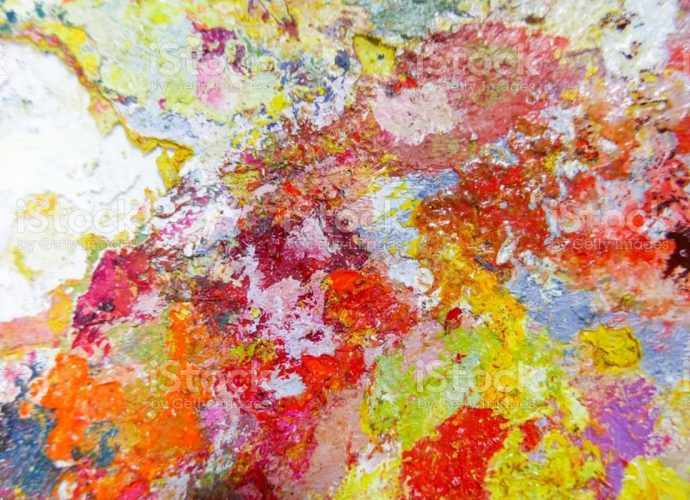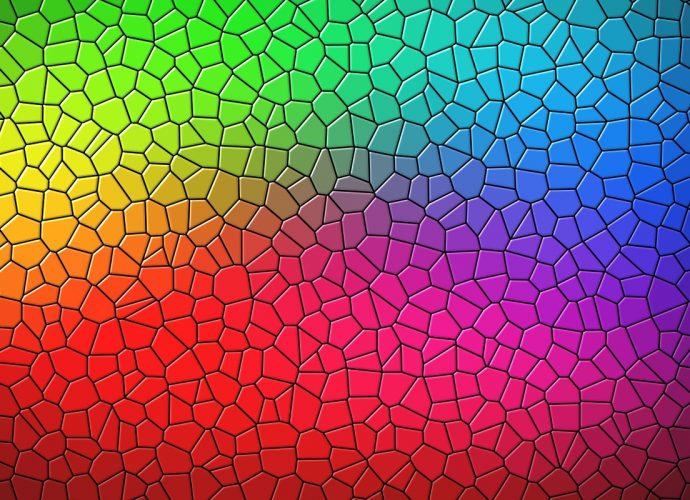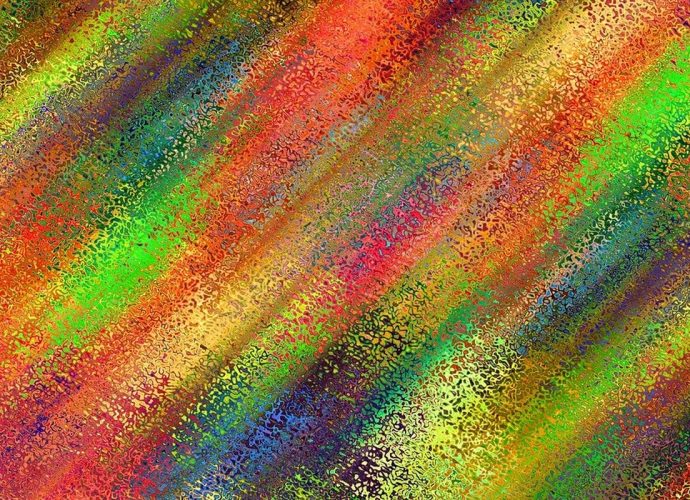Which Is Worse Cardiac Arrest Or Heart Attack?
A cardiac arrest is the same as death. It’s just semantics. After a gunshot wound, if the person hemorrhages sufficiently, then the heart stops beating and they die. The social perception of death is that you have reached a point from which you can never come back, but medically speaking,Read More →







